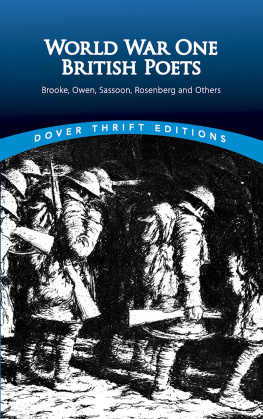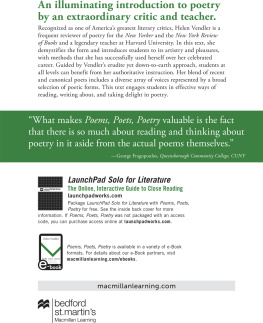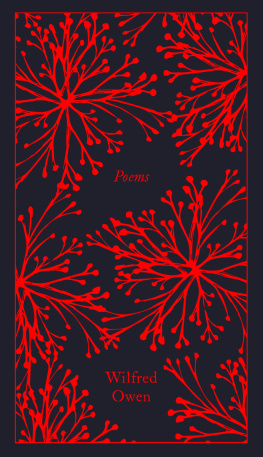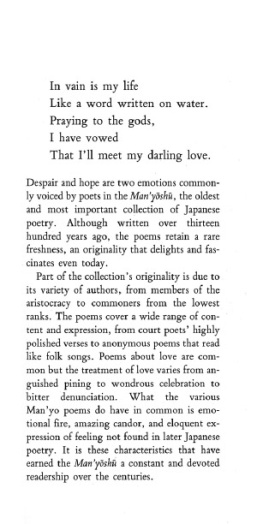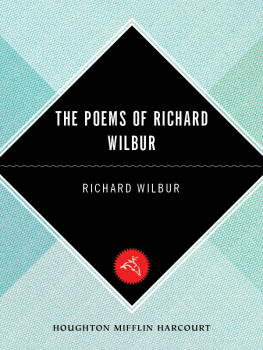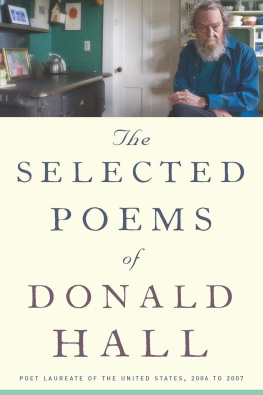First World War Poems from the FrontPaul OPrey is Vice-Chancellor of the University of Roehampton, London, and a Professor of Modern Literature. After studying at Oxford in the 1970s, he lived with and worked for Robert Graves, whose poems, letters and essays he has edited.
First published in 2014 by IWM,
Lambeth Road, London SE1 6HZ
iwm.org.uk
The Trustees of the Imperial War Museum, 2014
Introduction, selection and poet biographies
Paul OPrey, 2014
All rights reserved. No part of this publication may be reproduced, stored in a retrieval system or transmitted, in any form or by any means, electronic, mechanical, photocopying, recording or otherwise without the prior permission of the copyright holder and publisher.
ISBN 978-1-904897-88-0
eISBN 978-1-912423-32-3
Mobi ISBN 978-1-912423-32-3
A catalogue record for this book is available from the British Library.
Designed by James Alexander www.jadedesign.co.uk
All images IWM unless otherwise stated.
Cover image Shutterstock.com
Every effort has been made to contact all copyright holders. The publishers will be glad to make good in future editions any error or omissions brought to their attention.
1 3 5 7 9 10 8 6 4 2
In memory of Captain Robert Graves, Royal Welch Fusiliers, who first made me realise the power of these poems.
Introduction
Perhaps the first, rather paradoxical, thing to say about war poetry, is that no matter how much we might admire it, or how deeply it might affect us, we must surely wish it had not been written. The price of becoming a war poet was intolerably high. At the least, it meant physical or mental trauma; for many, it meant violent death. It is hard to exaggerate the horror to which these young poets bore witness.
A century on, there is still no consensus on whether the First World War was justified or necessary. It was a particularly brutal conflict. Over nine million people died in action, with millions more permanently damaged by injury, mental breakdown, or grief for the death of those they loved. The world had little to show in return for so much loss. The war did not stabilise global politics, but was soon followed by a Second World War. For many people after 1918, the world seemed a darker, less hopeful, less decent place.
This of course is a perspective of the war based on one hundred years of hindsight, and almost seventy years of peace in Britain. Things looked different in the summer of 1914. Although not everyone was enthusiastic about the coming war, it did have a great deal of popular support, and during the course of the conflict many people, including many poets, continued to believe in the cause for which they were fighting.
The modern popularity of certain poets, especially Siegfried Sassoon and Wilfred Owen, has sometimes led to a view that all war poetry is anti-war poetry. Their savage, bitter poems, deliberately written to shock and challenge, have gripped our imagination with a vivid picture of innocent young men broken by meaningless violence, victims of an incompetent, misguided state. Any wider reading of the poetry written at the front, however, reveals that other poets held other views, and some shifted their position as the war progressed.
Overall, the attitude to the war expressed in war poetry is wide-ranging, complex and frequently ambiguous. In This is no case of petty right or wrong, Edward Thomas feels no specific hate of Germans, and refuses to grow hot /With love of Englishmen, to please newspapers. Instead he describes a patriotism that seems more existential than political. Robert von Ranke Graves, as he was then known, volunteered at the outbreak of war, keen to fight for Englands cause, even though he loved his German mother deeply and was proud of his distinguished German forebears. He became disillusioned by the official handling of the war, but remained driven by a fierce loyalty to the men with whom he served, and the values of his regiment. Geoffrey Studdert Kennedy preached a Christian message of love and peace to troops at the front, but he was not a pacifist. For all they were against the war, both Sassoon and Owen were awarded the Military Cross for exceptional leadership and bravery in battle. The incident which led to Owens decoration was described vividly in the official citation: He personally manipulated a captured enemy M.G. [machine gun] from an isolated position and inflicted considerable losses on the enemy.
The poets included in this anthology, all of whom saw active service, represent a broad range of perspectives, though some common themes are striking. There is, for example, no hatred of the enemy, rather a deep bond with fellow combatants, as well as a wider compassion for humanity. This compassion is extended, in the case of Vera Brittain, to include the wounded enemy soldiers she nurses in the prisoner ward. As the foundations of their world are shaken, the transcending values of love, friendship, communion with the natural world, are thrown into sharp focus, as the poets yearn for peace and lament lost innocence and goodness. These are poems that come close to Robert Frosts desire for poetry to provide a clarification of life [] a momentary stay against confusion.
In seeking to write about the war, poets drew on a variety of poetic styles and techniques, ranging from the Kiplingesque rhymes of Geoffrey Studdert Kennedy to the dislocated modernism of David Jones. Most of the poets, however, can be seen pushing traditional boundaries to some extent or other, reaching for new effects and a new diction to describe an unprecedented horror, which the old forms struggled to contain. In doing so, they play their part in the transformation of English poetry that took place in the early twentieth century.
This anthology brings together fifteen poets who were in uniform and who saw active service on the front line, whether as a soldier fighting the enemy, as a nurse or medical orderly looking after the wounded, or in the case of Studdert Kennedy, as a military chaplain giving moral support in any way he could. Some are officers, while others, like Isaac Rosenberg and Ivor Gurney, served in the ranks, where conditions were particularly harsh. Three of the poets are women, and though they were not allowed to take part in the fighting, they served in other ways. As front line nurses, Vera Brittain and Mary Borden were tested to the limit of physical and emotional endurance, ministering to an overwhelming flow of wounded and dying men, with no access to modern treatments for pain or infection. Some of the poems were scribbled down in the very heat of battle, or in field hospitals, sometimes with no chance either then or later to revise and edit them. Others, by poets who survived the war, like Edmund Blunden and Ivor Gurney, were written in retrospect, with time to reflect on what had been seen and done. What brings these poets together is that they all wrote with the authority that comes from direct experience, and with the commitment to truthful witness that guarantees the authenticity of their work.
The war saw a tremendous flourishing of poetry on a scale not seen before or since. Thousands of people took to writing poetry, millions took to reading it. Much of this poetry has not endured, and many of the poets who dominated early anthologies are now forgotten. These same anthologies gave little or no space to some of the poets we value most today, like Wilfred Owen, Isaac Rosenberg, Edward Thomas and Ivor Gurney. Tastes change, attitudes change, and it can take time for a poetic voice to be heard above the crowd, especially when the subject is so emotionally explosive.


